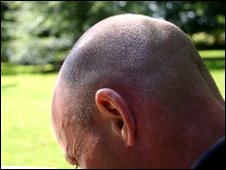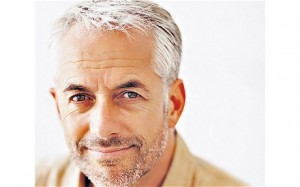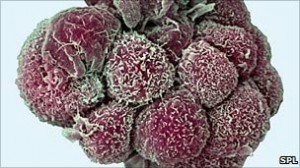Stress-blocking drug restores hair in bald mice
21.02.2011 in HAIR LOSS SCIENCEUS researchers studying the effects of stress on the gut may have stumbled on a chemical compound that stimulates hair growth.
Reuters, Monday 21 Feb 2011
US researchers studying the effects of stress on the digestive system may have stumbled on a chemical compound that stimulates hair growth.
By blocking a stress-related hormone linked with hair loss, mutant mice that made too much of the hormone were able to re-grow hair they had lost, the team reported on Wednesday in the online journal, Public Library of Science (PLoS) One.
The team injected these mice with a stress-blocking chemical compound called astressin-B, which blocks the action of the stress hormone CRF.
The mutant mice got a daily injection of the compound over 5 days, then the team measured the effects of this drug on their colons.
3 months later, their hair had all grown back. They were not distinguishable from their littermates, who were not genetically-altered.
So far, astressin-B has only been tested in genetically-altered mice to express a lot of stress hormone, and it is not clear if it would have any effect on humans.
Do you have Hair Loss Problems, read our Hair Loss Help
no comment









